
Careful management key to keeping clubroot level low in province
Experts call for soil testing, scouting and diligent rotations to keep clubroot at low levels
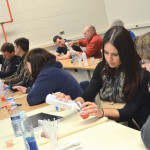
Canola issues, close up and hands on
CanoLAB participants were given an overview of how different crops are best integrated into canola rotations
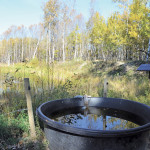
Benefiting from a solar watering system
Installing a solar watering system has increased carrying capacity, weight gain and improved herd health
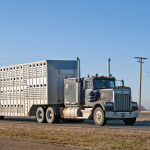
Examining the impact of transportation on cattle
A research study looking at the effects of transportation on cattle says to be cautious of high speeds on uneven roads and prolonged stationary times as this may result in increased bruising
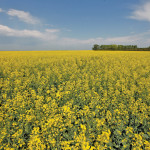
Coming soon to a hog barn near you
A new high-protein canola meal could reduce hog feed costs

ACC students propose new learning program
In an annual competition, business students propose a certificate program for essential hands-on farm training
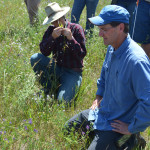
Tired pasture? The solution is in the soil
To create a healthy pasture, grazing expert says to start with ground cover, plant a diverse mix and avoid disturbing the soil
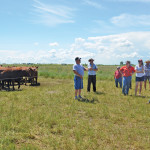
Hit the grass fast and hard, and then move them out
Brian Harper says high stock density grazing has allowed him to double his pasture’s carrying capacity

Getting into the mobile mindset
If you’re not sure what your smartphone can do, a 14-year-old can help

Social media — use it, but have a plan
Communication specialist provides advice on how to create a social media presence


